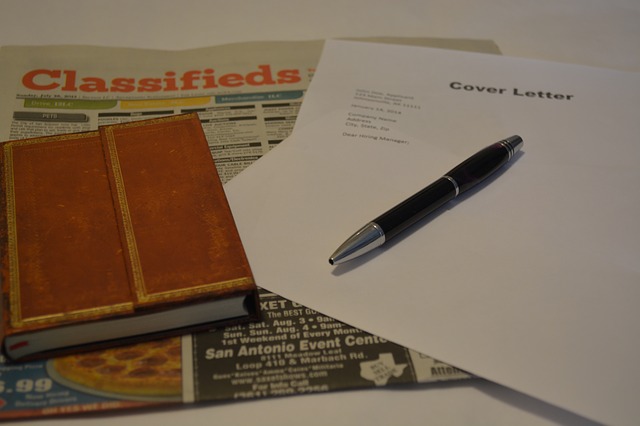
Over the years I have also received uncountable emails addressed to “To Whom It May Concern,” “Hiring Manager,” “H.R. Department” and any number of other impersonal, nameless salutations.
Some of the cover letters were spot-on, cogent, energetic and well-written. Often they accompanied a resume with relevant work or internship experience and solid educational credentials. In many cases, I was tempted to contact the writer to set up an interview.
But each time I came back to the fact that what the writer had sent was supposedly her best shot at impressing the decision-maker, but she had failed to make an effort to determine who at the agency should receive her cover letter and resume. The would-be employee hadn’t explored the website enough to identify the appropriate recipient nor had she at the least called the agency to get a name and an email address.
In each instance, the writer had failed to do the minimal amount of work necessary to make sure her credentials reached the right person. What she had demonstrated to me was a distinct lack of initiative, thoroughness and professionalism. What did it say about her desire to work for NewmanPR that she couldn’t take a moment to call and ask for a name, title and email address?
It said to me she didn’t want the job enough and that she was probably not the kind of person I would want to have on my team.
Sometimes, if the writer is fresh out of school and otherwise has promising credentials, I will write a note and suggest that in future she make sure to address her cover letter to a human, not a title. Usually I get one of two responses — occasionally a brief note of thanks, but more often than not, silence.
That’s OK. I have yet to hire someone who did not address their cover letter to me personally and I have no plans to change that practice.